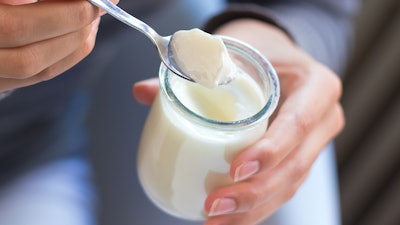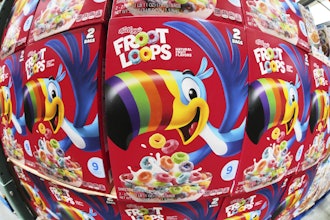
REHOVOT, Israel — Wilk has announced the successful development of the world's first yogurt developed with cell-cultured milk fat.
The hybrid product has been validated by external laboratories confirming it meets the necessary chemical and biological requirements and presented to select members of the Israeli public for tasting.
The new yogurt is a first-of-its-kind hybrid product, incorporating milk fat developed through cell-culturing technology to provide the full nutritional benefits found in real milk fats. The result of Wilk's intensive research and development efforts, the yogurt serves as a concept product, providing validation of the company's technology and potential future capabilities.
"This is a significant milestone, not just for Wilk, but for the Israeli FoodTech space and wider global industry," said Tomer Aizen, CEO of Wilk. "It signifies a major breakthrough in demonstrating our ability to produce functional cell-cultured milk components that can be integrated into a wide array of dairy products and brings us closer to realizing our goal – to produce authentic dairy products in a sustainable and environmentally conscientious manner that will drive the industry forward."
Milk fat has a significant influence on final dairy products, providing the distinctive flavors and textures unique to foods such as yogurt. It is precisely for this reason that the company chose yogurt as the first hybrid product containing cell-cultured fat.
The new product will also support Wilk's efforts in developing human milk fat components for integration into infant formula. The nutritional benefits of cultured human milk fat play a central role in maintaining an infant's digestive system, as well as the development of its brain and nervous system. Wilk is directing the majority of its resources to developing cell-cultured human milk fat for infant formula. This will be used to replace vegetable fats currently present in formula, helping to improve the development of premature and other at-risk infants.






















